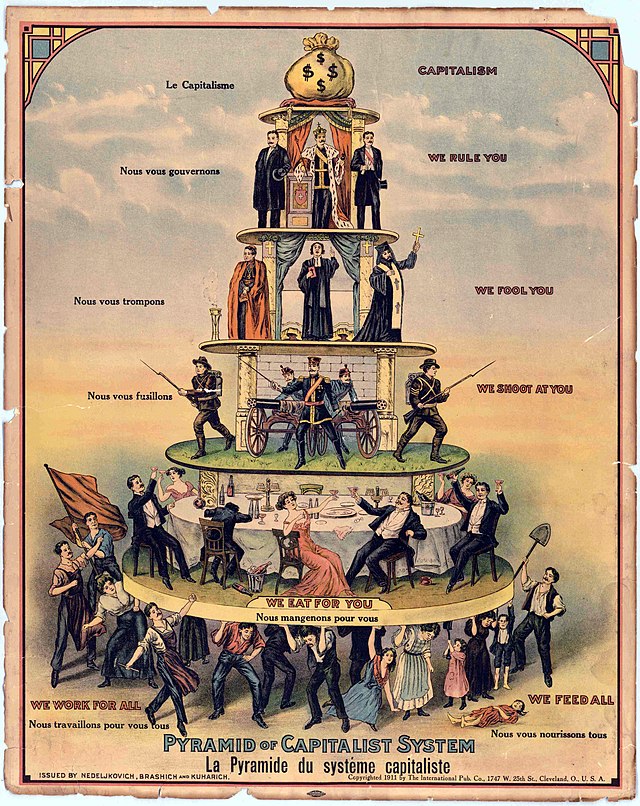Today it's my turn to do the journal and I'm starting in the break time because as I have two exams tomorrow I won't have enough time to do it. First of all Paqui has showed us a post that she has written about inequality with the distribution of money in the world. Then, Paqui has explained us the Utopian Socialism and when we were talking about the failed project of extending the New Lanarks to the U.S.A, Paqui has showed us a video that shows in a very good way how this model communities worked (with hydraulic power) and what they were like (with a lot of space, clean...) The teacher has also invited us to visit a website that talks about New Lanarks: www.newlanark.org
Today I have learnt that the Count of Saint Simon said that inheritance had to be forbidden because he thought that this money had to come back to the State, because if not, there would be people who would like comfortable with the inheritance they received, instead of working to earn money. According to the Count of Saint Simon, these people are the same as useless and parasitical as the kings, nobles...
Now I'm going to write two examples about this point of view:
- Warren Buffet (one of the richest persons in the world) didn't leave his inheritance to his children, instead of this, he left his inheritance to charities. His children were agree with this decision because as they earn a lot of money by themselves they don't need more.
- Paris Hilton is rich because of her father's inheritance. She doesn't work and she lives comfortably without doing anything. Another parasitical person (according to the Count of Saint Simon)
There's a lot of difference, don't you think?
We have also learnt that Charles Fourier's project of phalanstères failed because (as always) in his factory, there were people committed to their jobs and there were people who weren't committeed and took advantage of the committe's workers. So, the project was a complete chaos.
There was like an equivalent in Spain during the Civil War: The Anarchist communes. The difference is that in Spain it worked.
Phalanstère
- Dictatorship of proletarian--> People would take the State to change property into collective property
- Communist society--> The creation of a society without classes, states and private property
Here you are the words we have copied on the glossary:
- Industrialist: industrial, propietario de fábrica
- Free housing: alojamiento gratuito
- Committed: comprometido
- Goal: objetivo
- Parasitical: parásito (adjective)
- Useless: Inútil
- Phalanstère: falansterio
- Trustworthy: merecedor de confianza
- To take advantage: aprovecharse
- Commune: Comuna
- Misinterpretation: mala interpretación
- To foresee: predecir
- Struggle=fight
Sources: http://en.wikipedia.org/wiki/New_Lanark
https://mariocancel.wordpress.com/tag/charles-fourier/
That's all for today! See you next day!!





